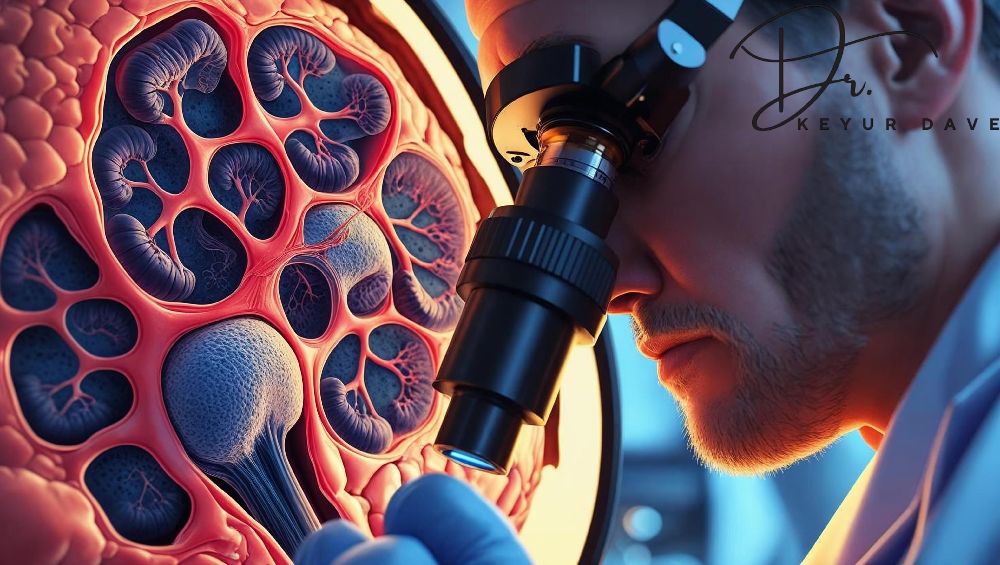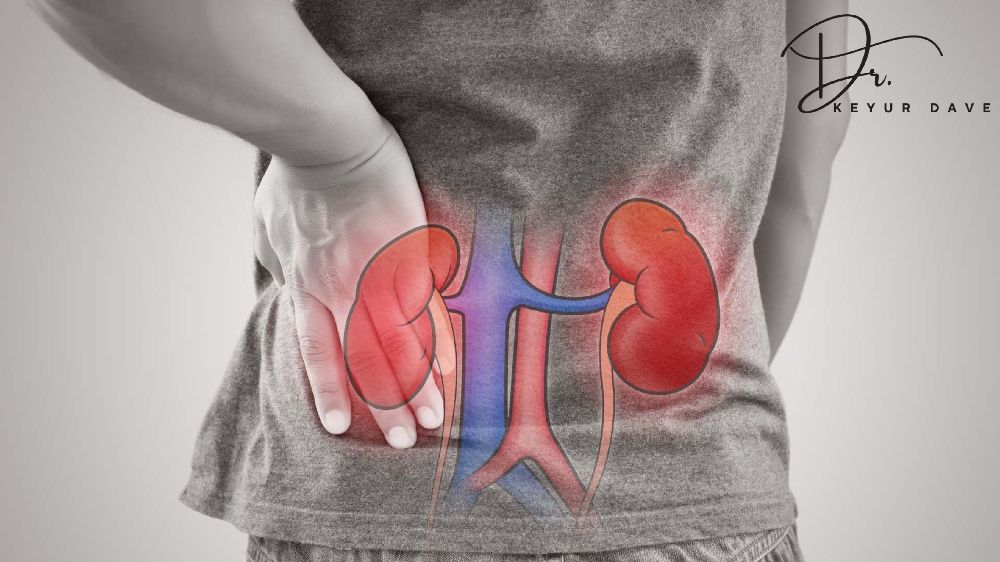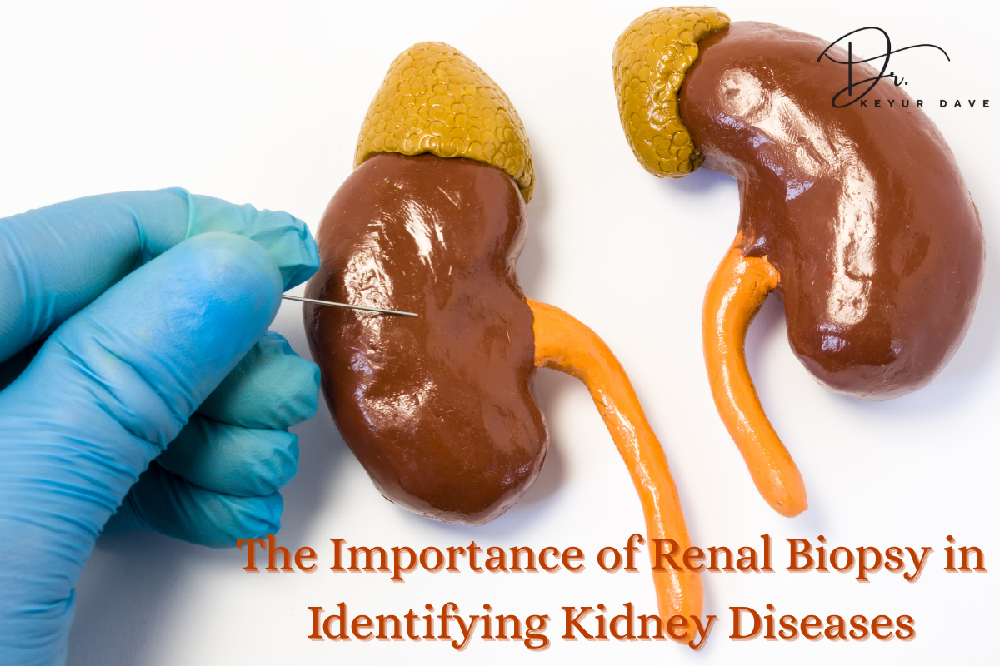
Blog

Your kidneys might not get as much attention as your heart or lungs, but they play a vital role in your overall health. When something goes wrong with them, a nephrologist becomes one of the most important doctors on your care team.

Artificial intelligence (AI) is no longer the stuff of science fiction—it's rapidly transforming modern medicine, including nephrology. One of its most promising applications is in predicting the progression of chronic kidney disease (CKD). With early detection and proactive management being critical to improving outcomes, AI is emerging as a powerful ally in the fight against kidney decline.

Introduction
.jpeg)
In a recent appearance on NDTV, Dr. Keyur Dave, a renowned nephrologist, shared valuable insights during a general Q&A session focused on kidneys and kidney-related diseases. With his calm demeanor and ability to explain complex medical issues in a relatable way, Dr. Dave captivated viewers and emphasized the silent yet vital role our kidneys play in maintaining overall health.

When the kidneys lose their ability to filter waste and excess fluid from the body, dialysis becomes a life-sustaining option. Two common forms of dialysis are hemodialysis and peritoneal dialysis (PD). While both serve the same fundamental purpose, they differ significantly in process, flexibility, and lifestyle impact. Understanding their advantages and limitations can help patients choose the best treatment for their needs.

.png)



